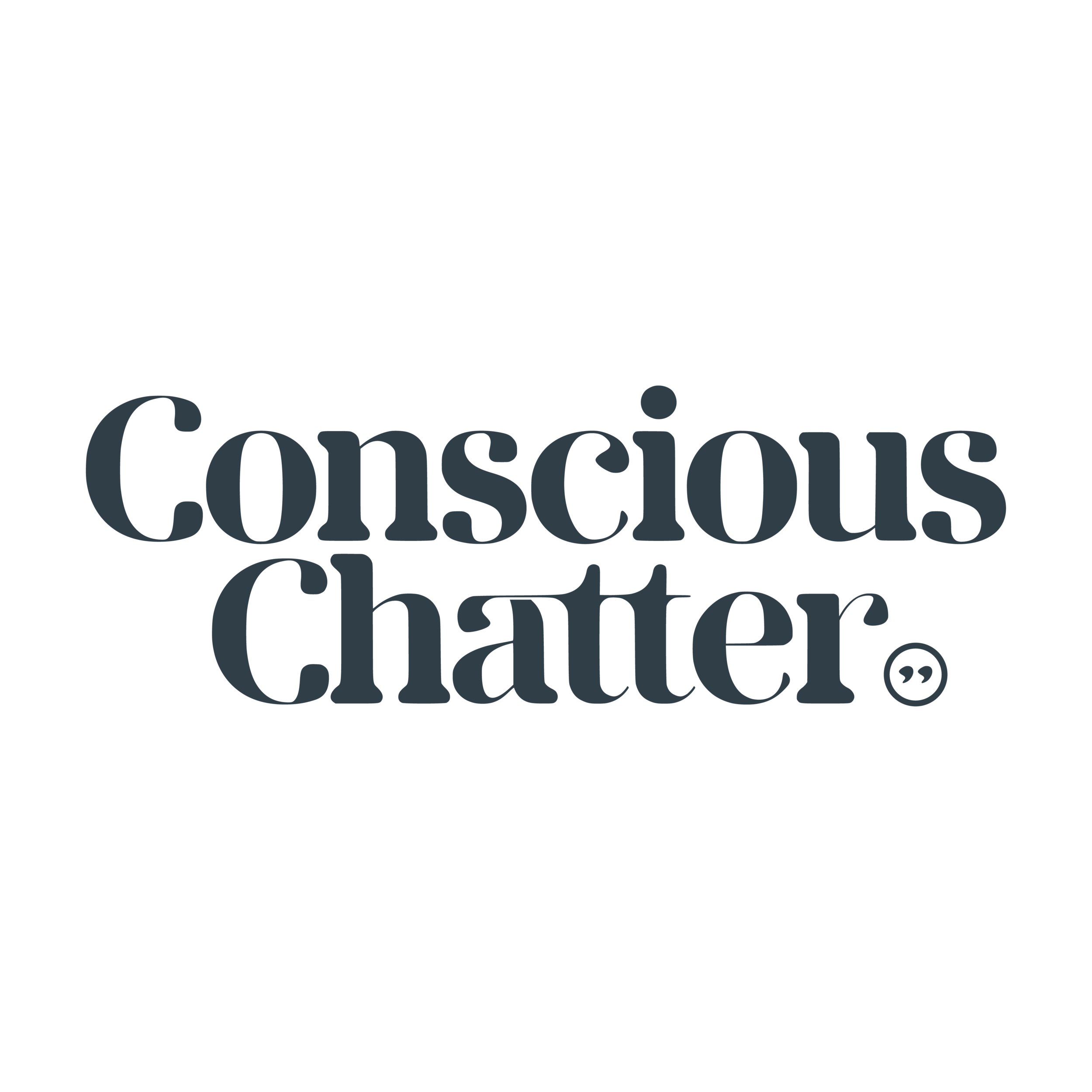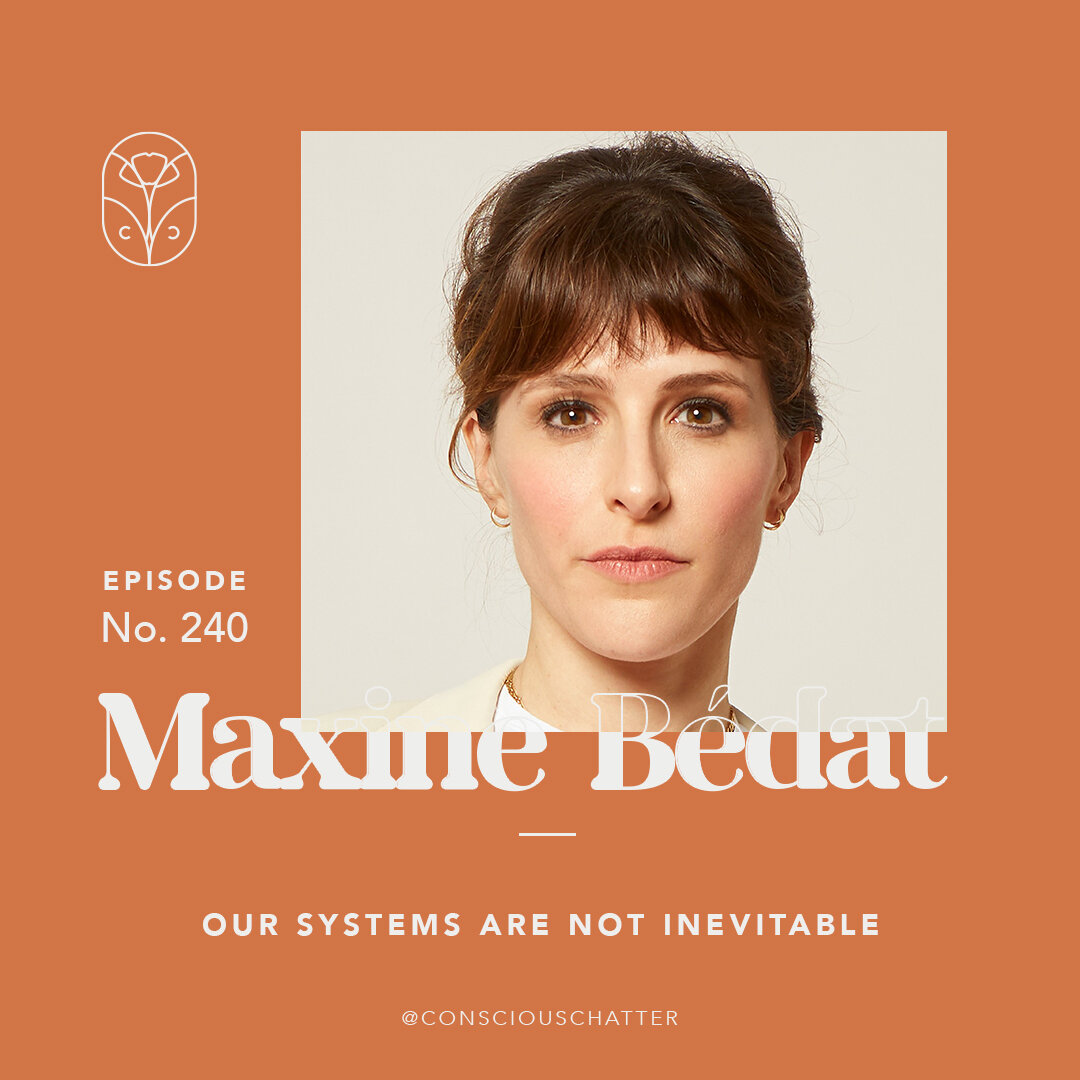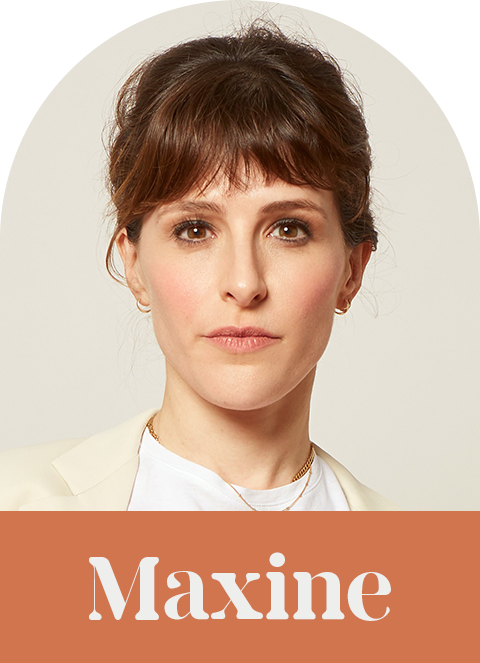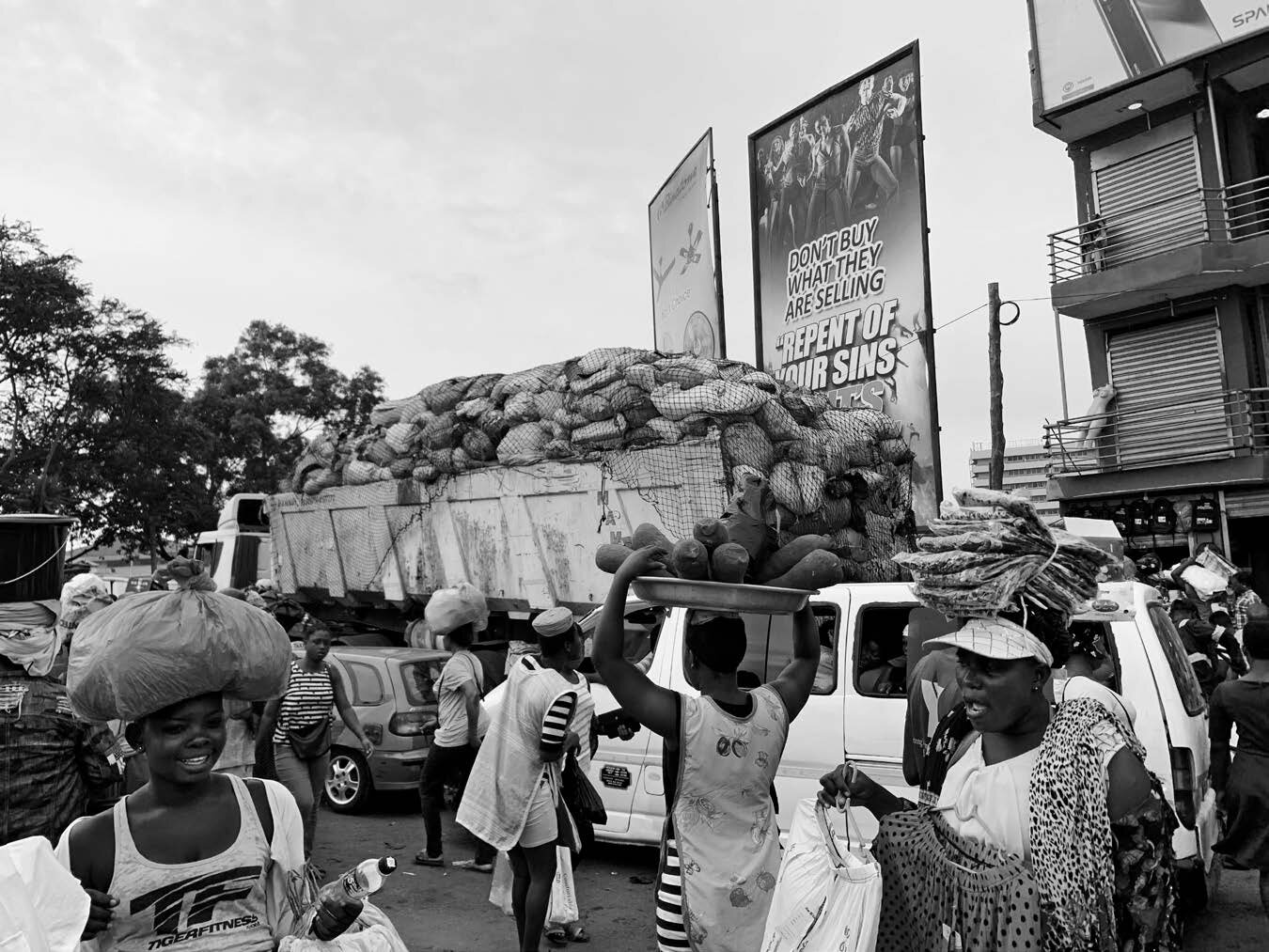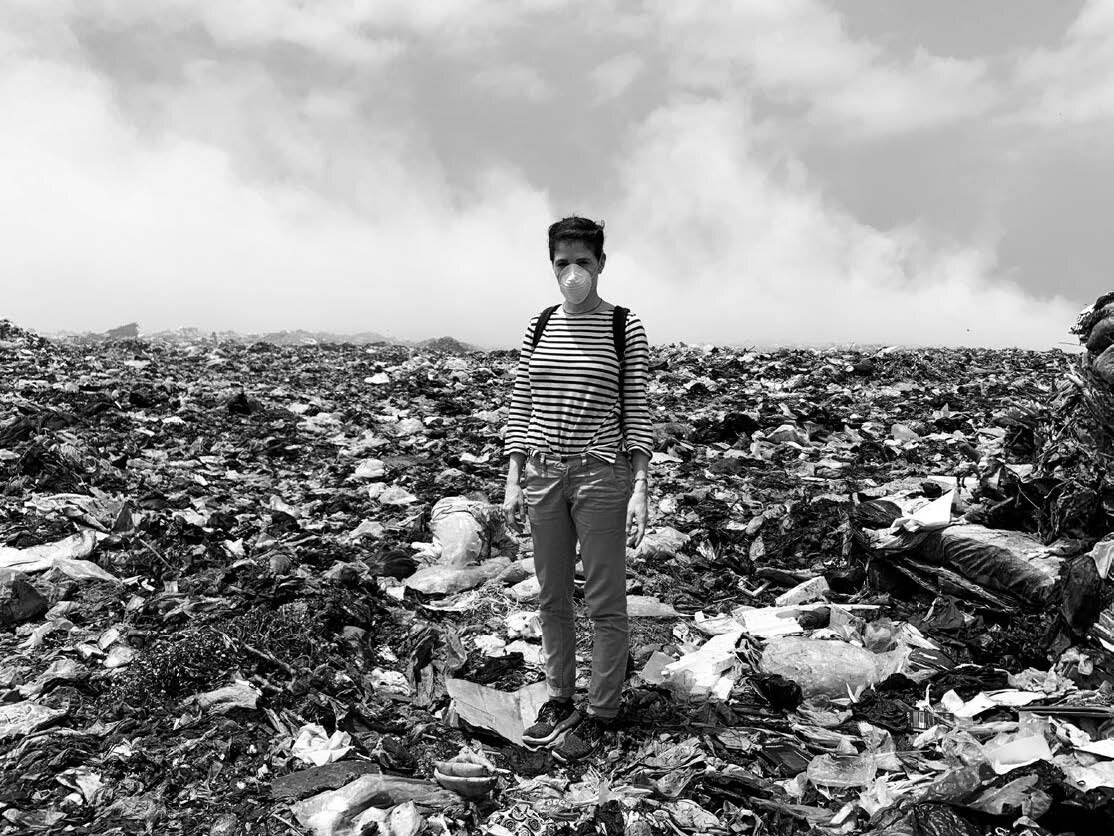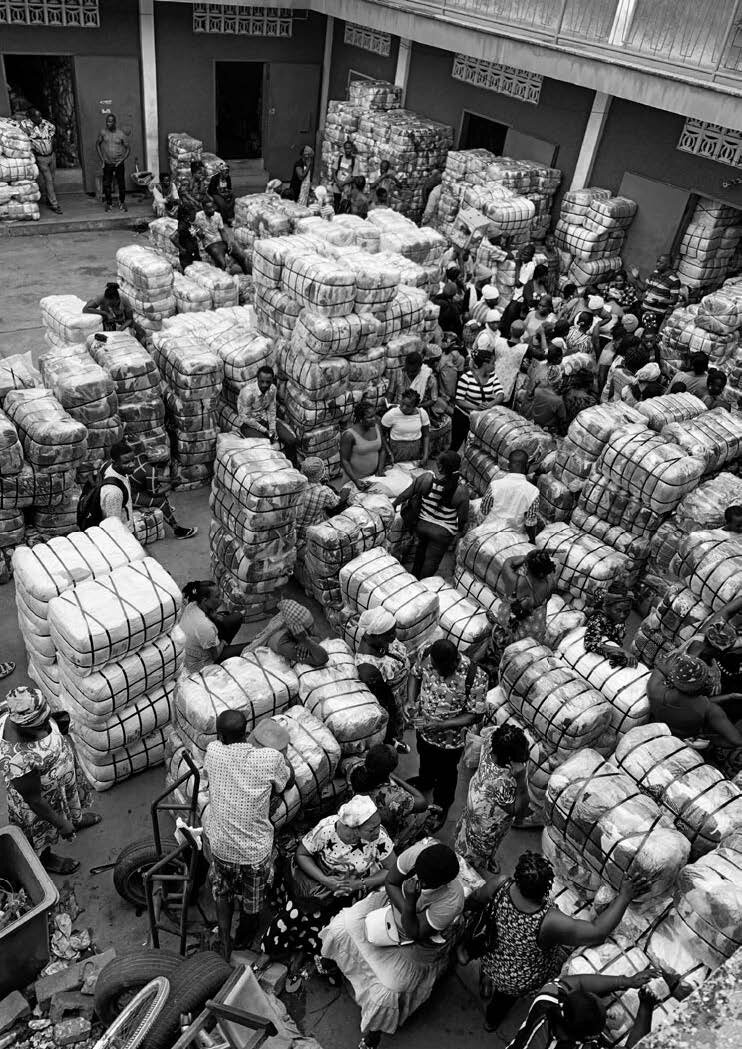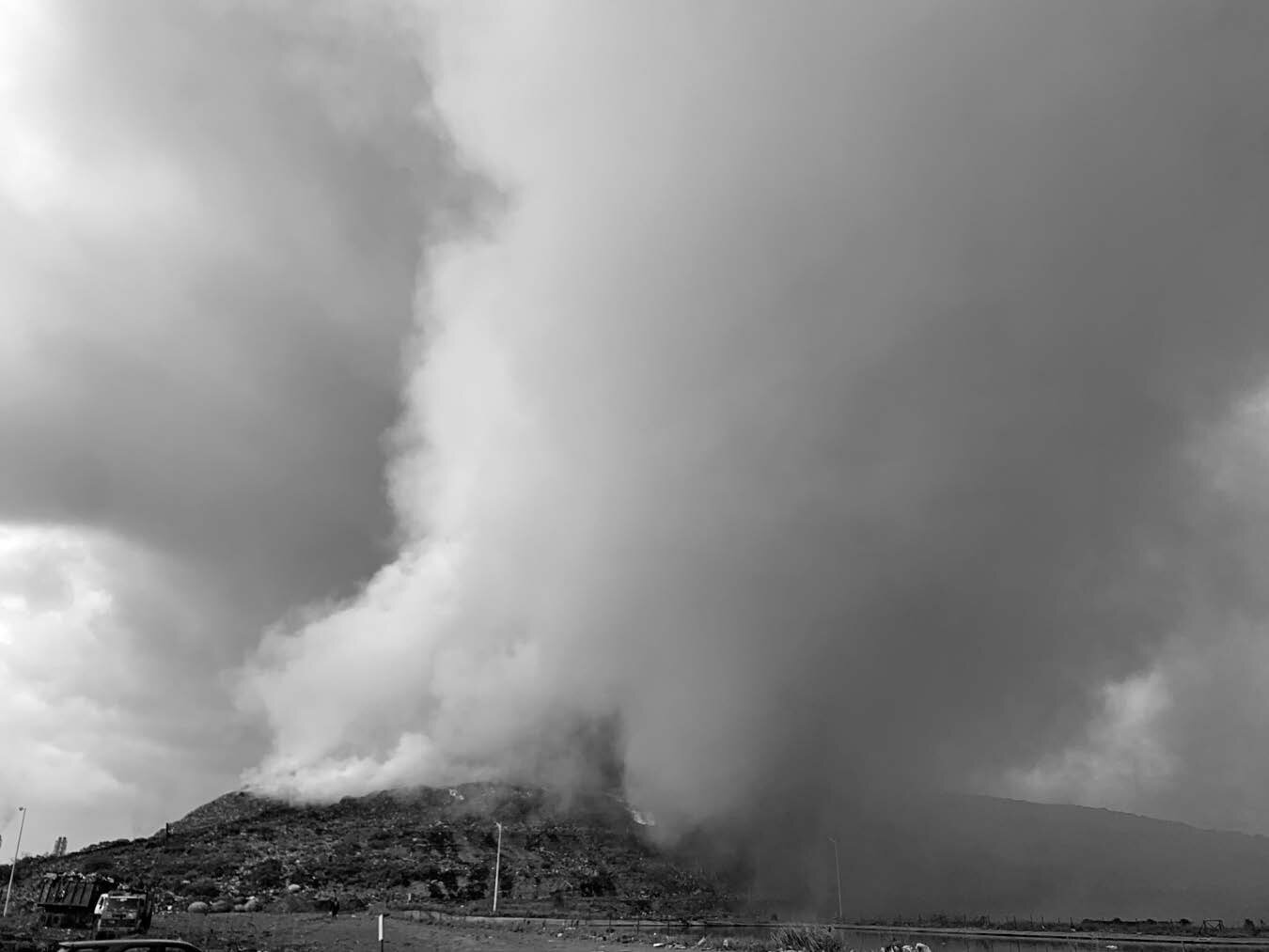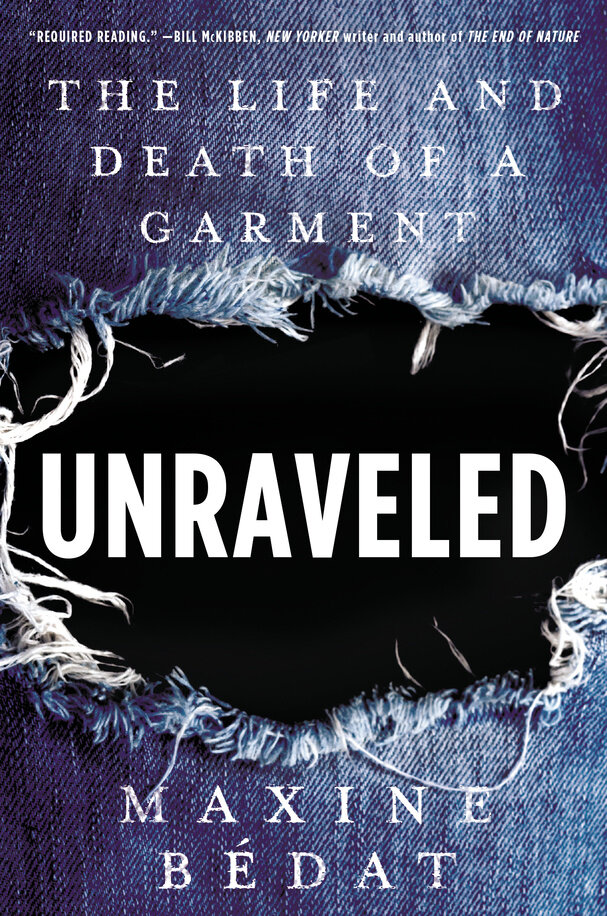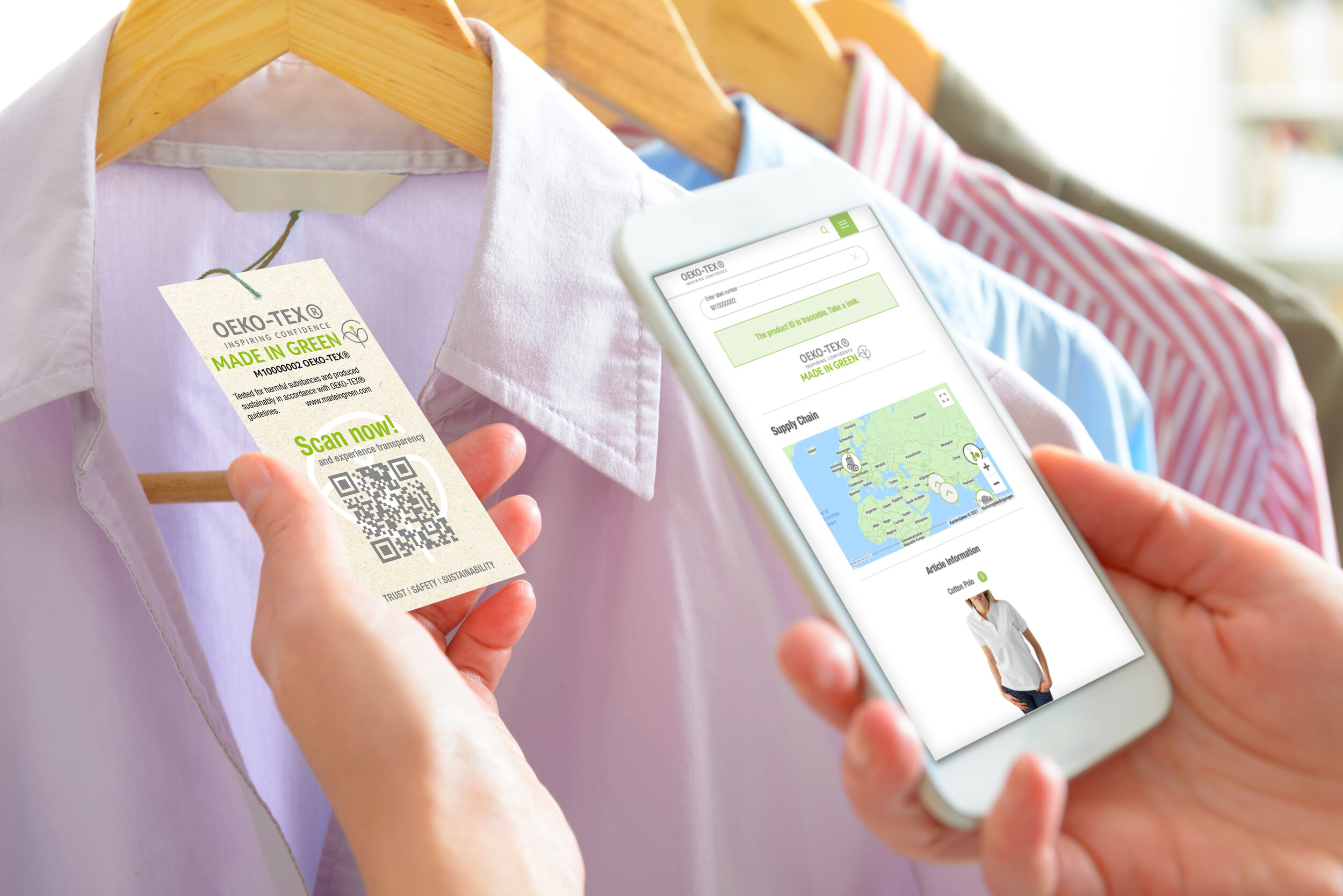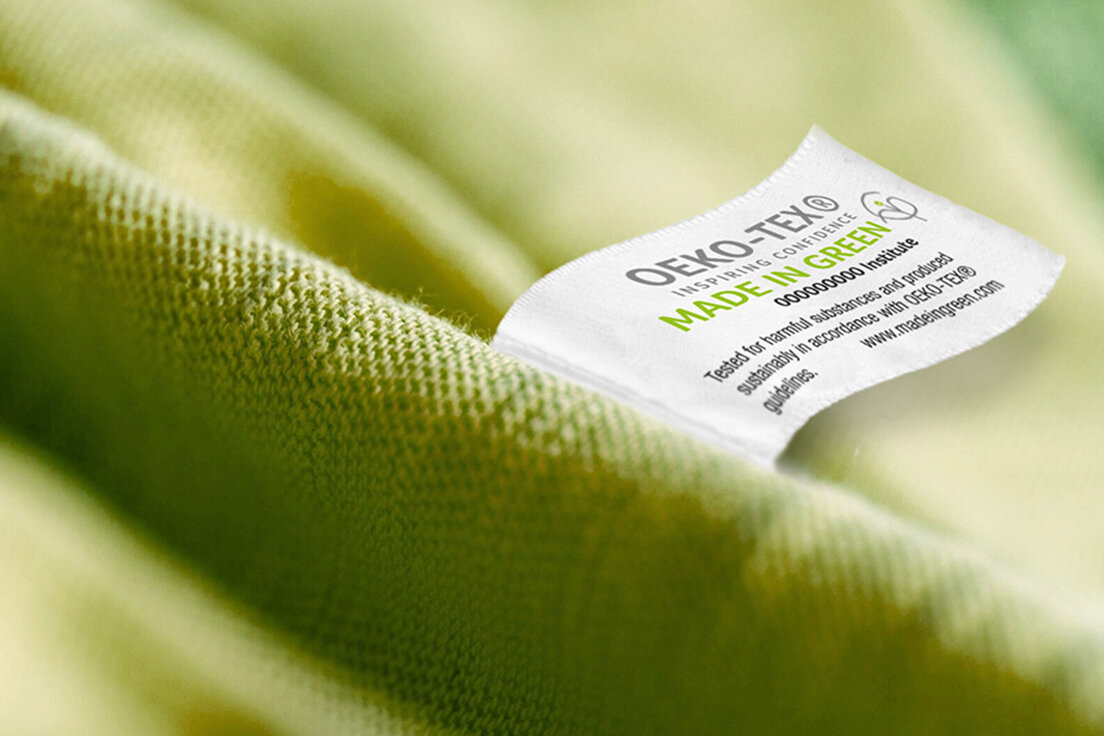Why circularity won't save us, how the origin of business was not to maximize profit & what that context tells us about the current fashion system
In episode 240, Kestrel welcomes Maxine Bédat, the founder and executive director of New Standard Institute, to the show. A think-and-do-tank, New Standard Institute is dedicated to turning industries into a force for good. Maxine is also the author of Unraveled: The Life and Death Of A Garment.
“The society in which we live in is very much a result of the rules of our society — in that, it is people who change the rules, who create them and can change them, I should say. And so, I think that was definitely my biggest takeaway, is like, nothing about this system that we live in right now is inevitable. You know, where women garment workers are exploited and we’re just trashing rivers and throwing up climate change-causing emissions into the air and creating this product that isn’t making us happy — that’s not an inevitability, it’s just the systems of rules that we create and have to change.”
-Maxine
On this week’s show, Maxine shares more on her past journey, from law to fashion, and what has culminated in the writing of her new book — Unraveled: The Life and Death Of A Garment.
Maxine and Kestrel quickly discover their mutual love of “context”, which plays into the overall conversation. They explore more on the origins of business — something Maxine discusses in her new book — and how corporations were initially founded on democratic ideals with the intention of being for the peoples’ benefit, where citizens were also considered as shareholders in the model. This may be surprising, considering how businesses have now become aligned with profit, profit, and profit, at the expense of everything else.
Maxine helps tie some of these layers of context into how we should be looking at the current state of the fashion industry, and how we must get beyond these buzzwords (how circularity won’t save us), to move toward doing business based on equity, that exists within planetary bounds.
“We have learned that there has been an enormous investment in getting us - citizens - to see ourselves as docile buying machines, which social media has only exacerbated, rather than powerful stakeholders in our democracy.” -quote Kestrel mentions from Maxine’s book
“This adoption of circularity as this kind of panacea that’s gonna get us to this magical place where we can keep growing to infinity, in a land of limited resources — it’s those frameworks that are just denying really the central problem that you just identified. And I think, to me, when I first was reading about the origins of business, which as you said — it was not to maximize profit, the whole corporate forum was created as a vehicle to pool resources for public goods like bridges and hospitals. And that’s why the government of the people would give corporate paperwork and created the legal infrastructure around it. And then, as you said, it was Milton Friedman and the conversations from the ‘50s, ‘60s and ‘70s that just took this in a completely different direction, and that’s … where we now really need to have the serious conversation. We desperately and do not have any time to waste in moving beyond these like “win, win”, “triple bottom line”, “circularity” — this fluffed … how do we actually go from a society that is based now on maximizing profits for shareholders to a society that is much more equitable and that exists within planetary bounds. And nobody within business has a good answer to that right now, but that’s where the conversation has to be.” -Maxine
“I will not just be a consumer, passively consuming while things fall apart.” -quote Kestrel mentions from Maxine’s book
OEKO-TEX® is a worldwide association of 18 independent research and test institutes that sets standards for safer textile and leather production and products. The OEKO-TEX® portfolio of independent certifications and product labels help all of us make responsible decisions to choose products that are safer, more environmentally friendly, and manufactured in a socially responsible way. We can all look out for the OEKO-TEX® certification - their labels mean that the products have been independently tested and verified for high product safety.
